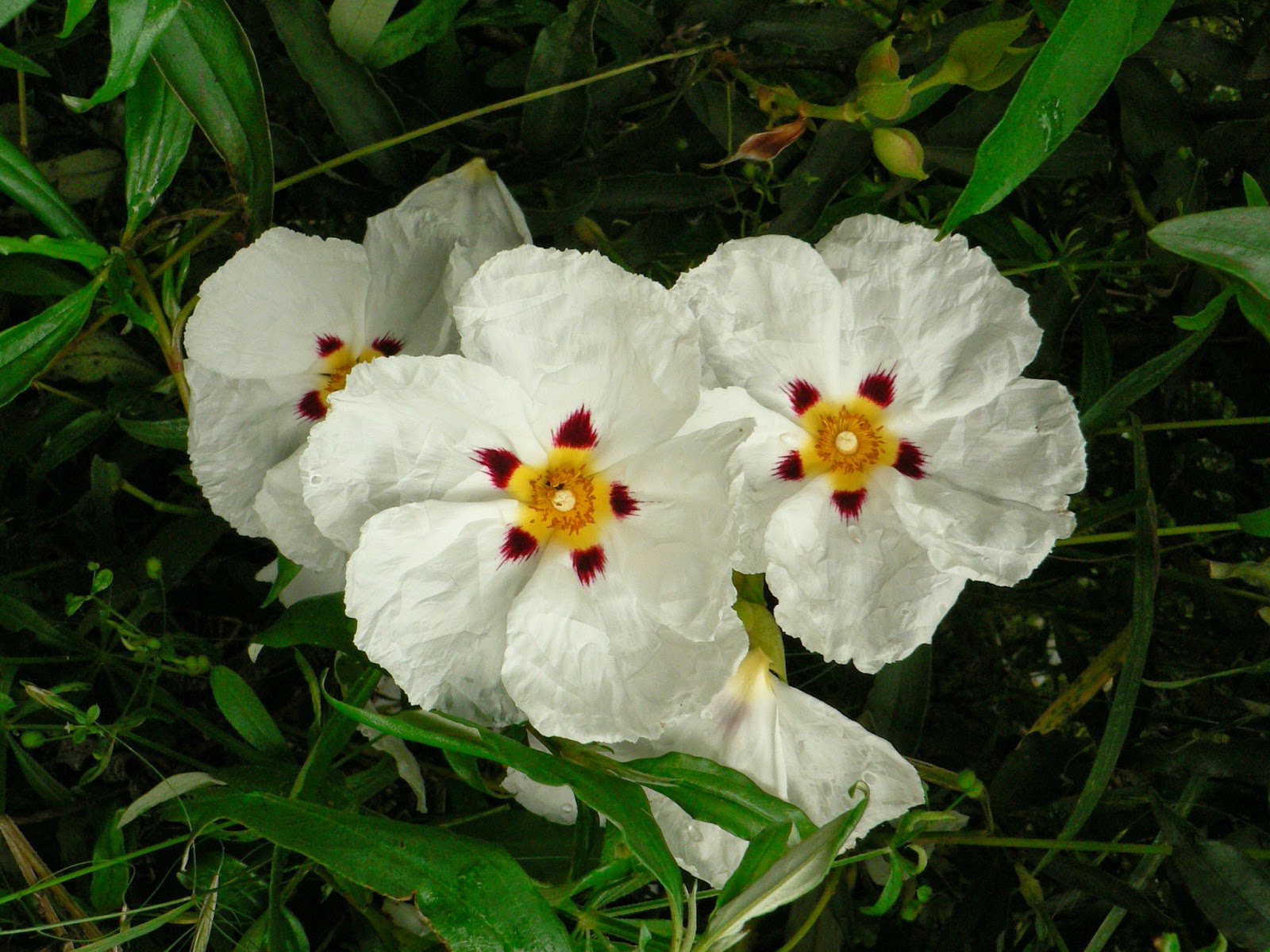Consider date books, their shape and size and color, how they are used and why. Not only are they helpful, they are also a sign of identity and maybe even purpose in life. You can tell a person, so they say, by his or her date book. The fuller it is the more important you must be, the more meaningful your life - or so it would seem. You sense your true insignificance when someone merely pencils you in - and tilts the date book toward you so you can see how lucky your are to have been fitted in between all those other to do's. An empty day in a date book can seem like a day devoid of meaning and purpose. No crisis seems worse than losing your date book, because then you wouldn't know what you were supposed to do or when.
Yet, would you still know why?
I may have used this quote before but I find it so powerful. Do we define the value of our lives by how many things we have to do? By how many people we may see in a day? By the sheer number of items we have to remember? And then those questions are followed by the big question: why?
Why are we rushing around filling up our time with all those 'to do's'? Do we have a sense of what the purpose of it all is? Do we have a sense of purpose at all or are we just filling in the time? Why is it so hard for us to enjoy doing nothing - literally doing nothing? Being silent? being alone?
| Midnight wait at the Pizza Pizza |
I have recently realized in my own life how much I miss and I am trying to commit to paying better attention. What a hard task though and yet I sense it is the way to real life.
*Mary Jo Leddy: Radical Gratitude, Orbis Books, Maryknoll, N.Y. 2002





